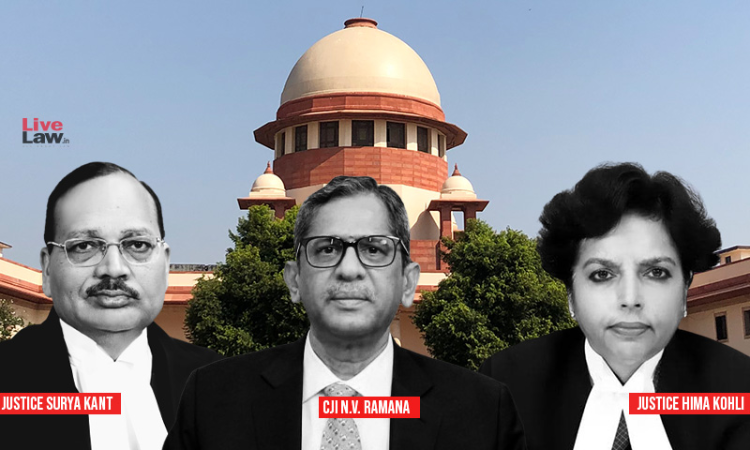The Supreme Court observed that to convict an accused exclusively on the basis of his disclosure statement and the resultant recovery of inculpatory material, the recovery should be unimpeachable and not be shrouded with elements of doubt.In this case, the High Court of Punjab and Haryana had upheld the Trial Court judgment which convicted an accused Bijender @ Mandar under Sections 392 and...

